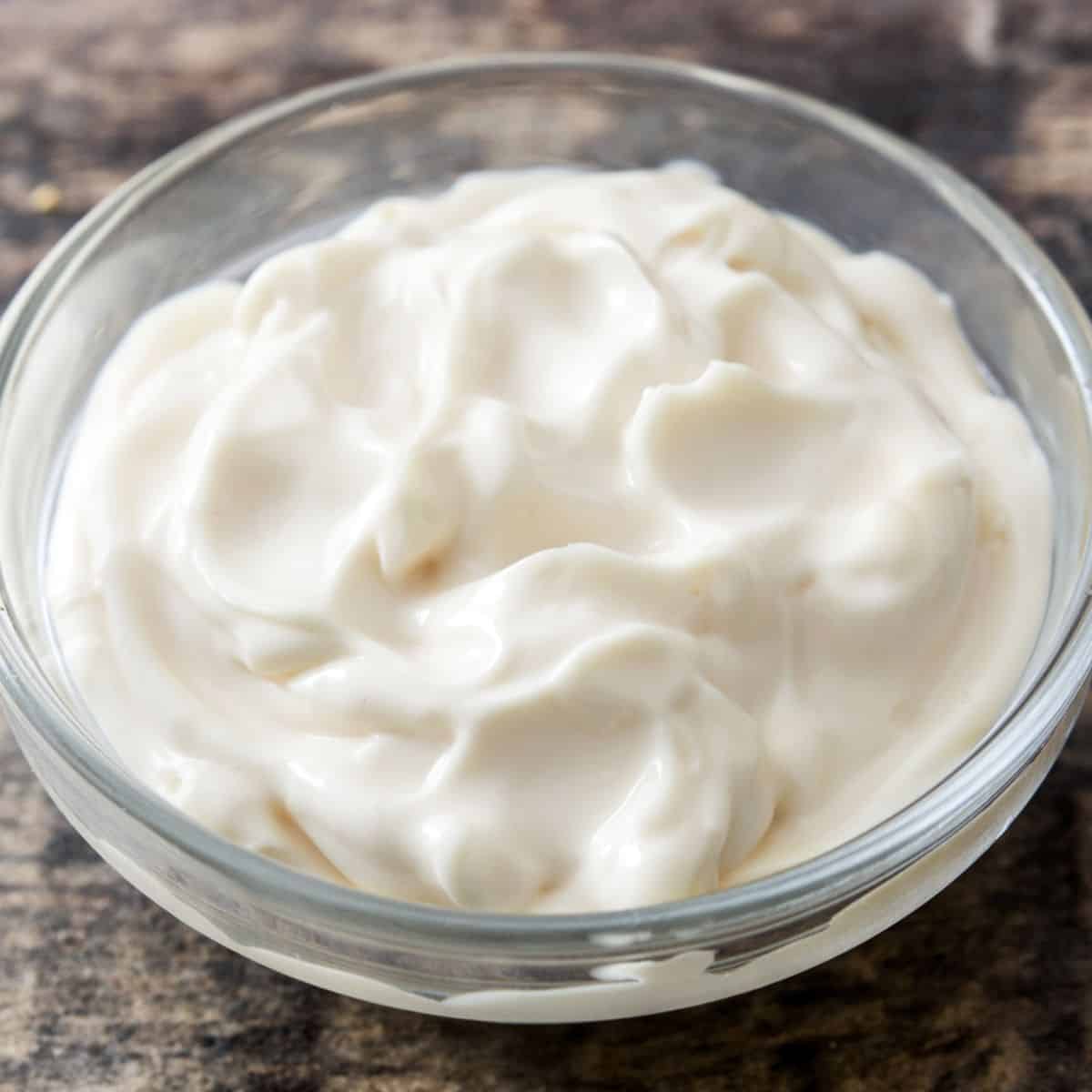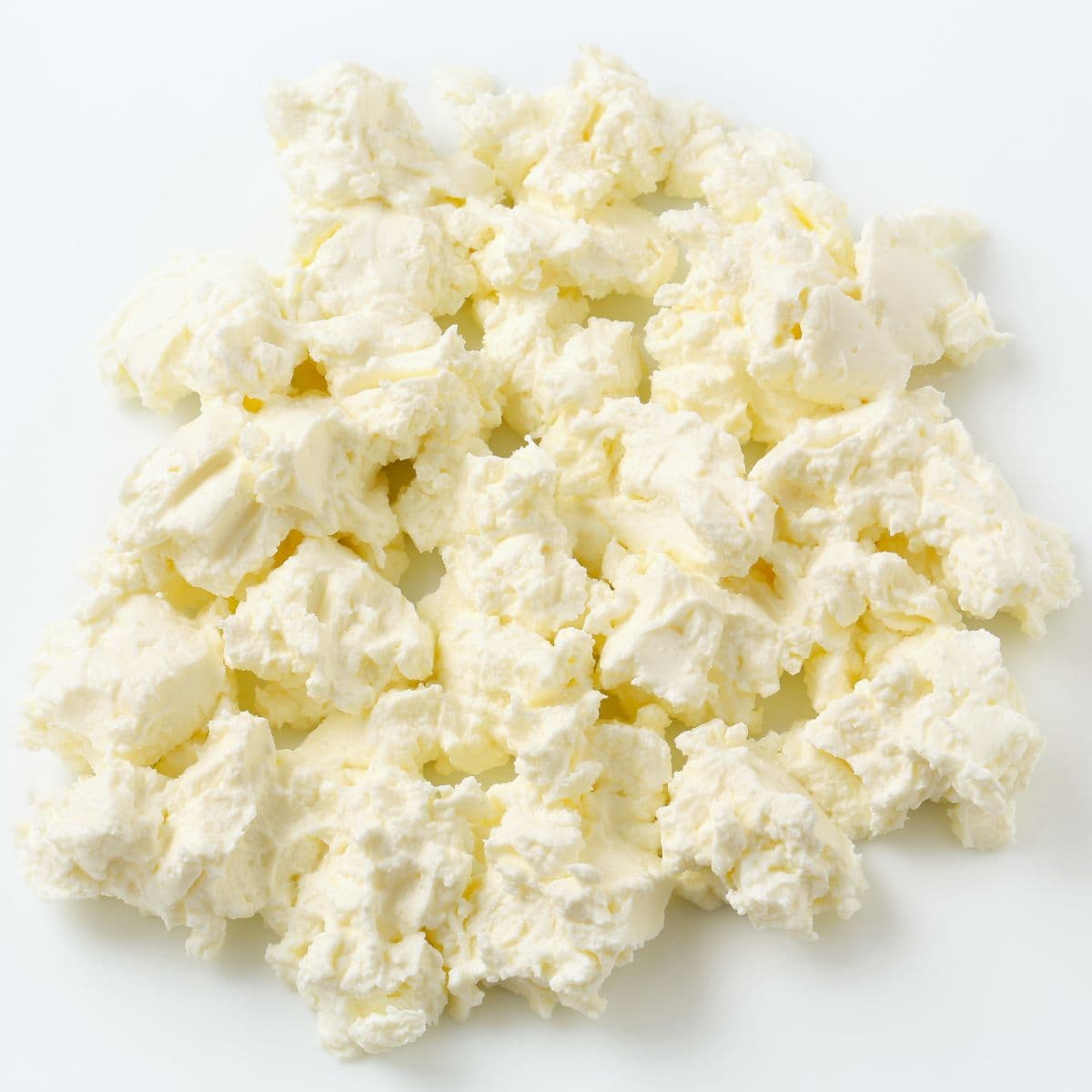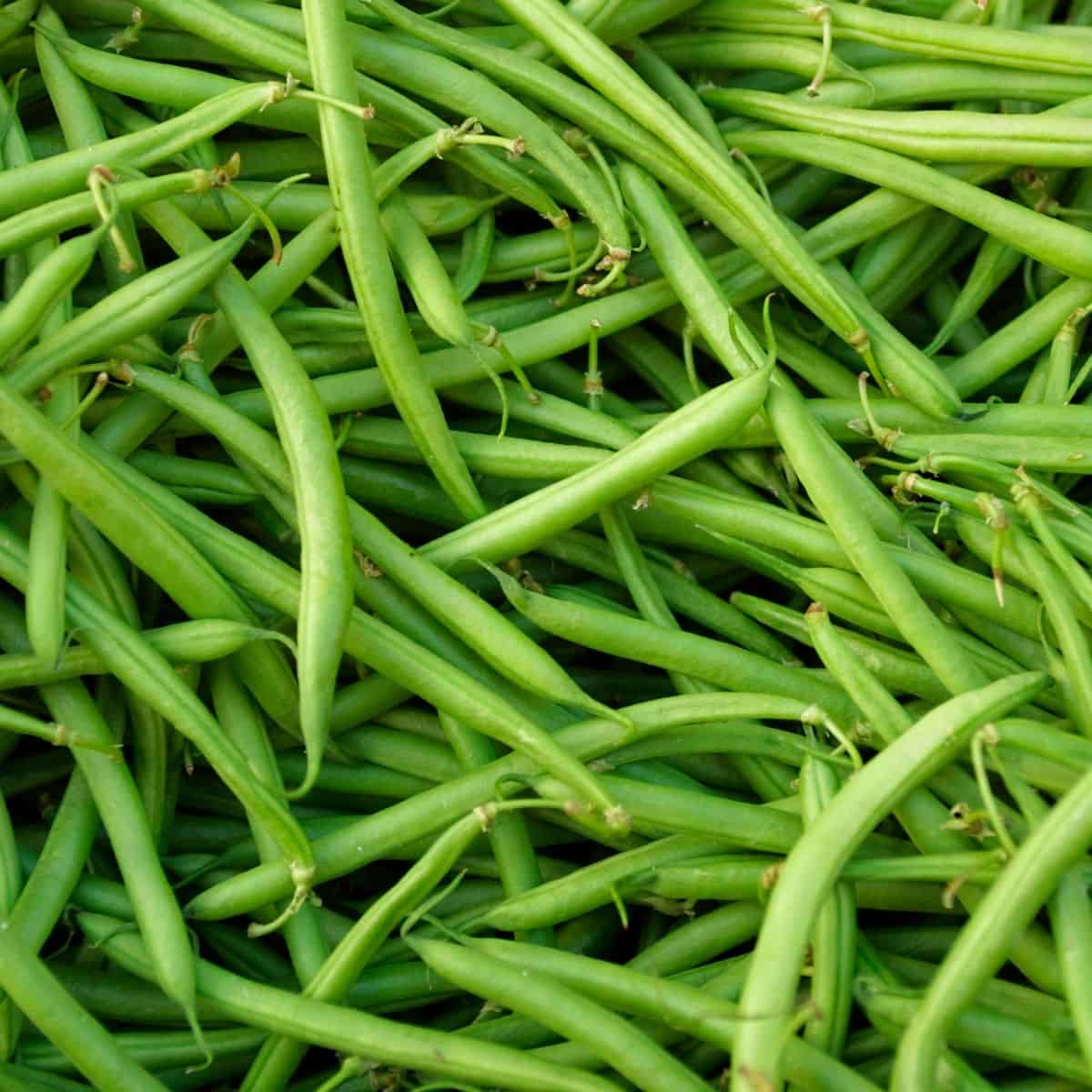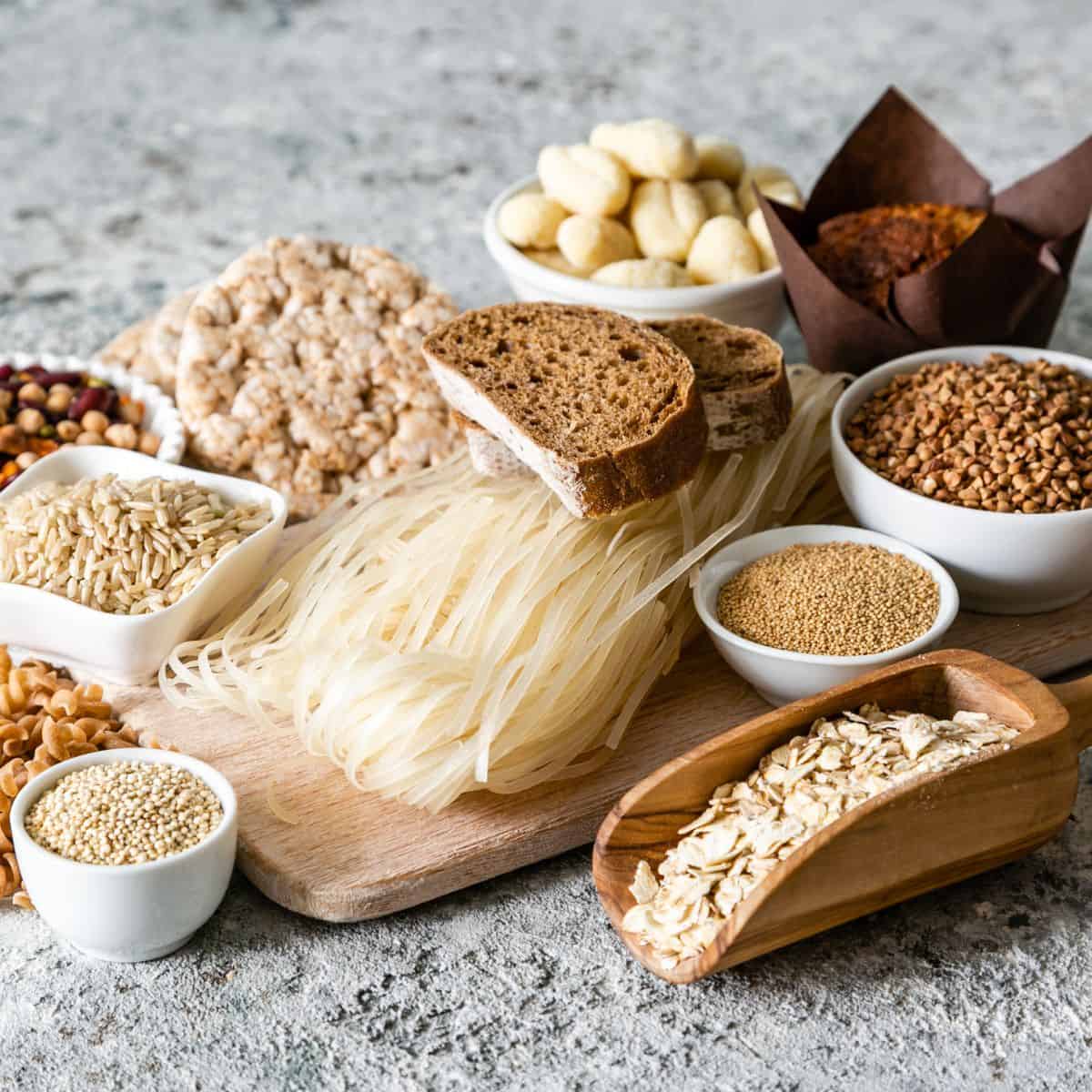Cottage cheese is a versatile, delicious, and nutritious dairy product that has been enjoyed by many for centuries. But have you ever wondered what exactly is in cottage cheese and what makes it so different from other cheeses? Join us as we unravel the cheesy truth about cottage cheese and its unique properties.
Curd-ling Origins: How Cottage Cheese Is Made
The process of making cottage cheese dates back to ancient civilizations when it was discovered that sour milk could be transformed into a solid, edible product. The name "cottage cheese" itself came about because this simple cheese was often made in cottages, using leftover milk from daily butter and cheese production.
Today's cottage cheese is produced through a similar process. Fresh milk is combined with an acidic substance, such as lemon juice or vinegar, which causes the milk to curdle. The curds (solid parts) are then separated from the whey (liquid part) through straining or pressing, resulting in the formation of cottage cheese. The curds can be rinsed and drained to remove more whey, depending on the desired consistency. Finally, the curds are typically mixed with salt, cream, or other flavorings to create the final product.
Nutritional Breakdown of Cottage Cheese
Cottage cheese is a nutritional powerhouse packed with essential nutrients that contribute to a healthy lifestyle. This cheese is perfect for those looking for something extraordinarily delicious to incorporate into their keto diets. Here's a peek at what's inside this dairy delight:
1. Protein: Cottage cheese is an excellent source of protein, containing around 12 grams per 100 grams (depending on the fat content). This makes it a great option for vegetarians and athletes looking to increase their protein intake. Protein is crucial for building and maintaining muscle, repairing tissues, and supporting various bodily functions.
2. Calcium: Cottage cheese is a calcium-rich food, with about 83 milligrams per 100 grams. Calcium is vital for strong bones, teeth, and proper muscle and nerve function.
3. Phosphorus: This dairy product also contains phosphorus, which works hand-in-hand with calcium to build and maintain strong bones and teeth. A 100-gram serving of cottage cheese provides around 120 milligrams of phosphorus.
4. Vitamin B12: Essential for maintaining a healthy nervous system and creating red blood cells, vitamin B12 can be found in cottage cheese. A 100-gram serving contains approximately 0.4 micrograms of this essential nutrient.
5. Selenium: Cottage cheese is a good source of selenium, an antioxidant that helps protect cells from damage and supports a healthy immune system. A 100-gram serving contains around 9 micrograms of selenium.
6. Healthy Fats: While cottage cheese is relatively low in fat (especially the low-fat and fat-free varieties), it does contain some healthy fats, such as omega-3 fatty acids. These fats are essential for brain function, heart health, and reducing inflammation.
Cottage Cheese Varieties
Cottage cheese comes in various forms, with different fat levels to cater to individual preferences and dietary needs. Here are the main types to choose from:
1. Full-Fat or Regular: This variety contains around 4% milkfat and offers a rich, creamy texture and taste. With more fat comes increased calories, but it can be a more satisfying option for those not watching their calorie intake.
2. Low-Fat: Typically containing 1-2% milkfat, low-fat cottage cheese is a popular choice for those looking to cut back on calories and fat. It still provides a creamy consistency and flavor but with fewer calories than full-fat varieties.
3. Fat-Free: Made from skim milk, fat-free cottage cheese contains a high amount of protein and is low in calories and fat, making it a great healthy option.
4. Cultured: Cultured cottage cheese is made by adding live bacteria cultures to the milk during cheese-making, resulting in a tangier, slightly sour flavor and a unique texture compared to other cottage cheese varieties.
5. Small Curd: This type has smaller curds compared to large curd varieties. It is less chunky and has a smoother texture, making it a popular choice for use in recipes or as a spread.
6. Large Curd: Large curd cottage cheese has larger, more distinct curds, giving it a chunkier texture. It is typically achieved by using a different type of acid or bacteria during the cheese-making process.
7. No Salt Added: This variety is made without the addition of salt, making it a lower sodium choice compared to regular cottage cheese.
Conclusion
Cottage cheese is a versatile, nutritious food that can be enjoyed in various forms to suit your taste preferences and dietary needs. From full-fat to fat-free, small curd to large curd, and even cultured varieties, there's an ideal choice for health enthusiasts and food connoisseurs alike. So, let us all raise a spoonful of creamy cottage cheese in celebration of the cheesy truth that we have uncovered and indulge in the delightful pleasure of this exceptional food!
Thinking of the next recipe using cottage cheese for keto meals? Then Keto Diet Yum can help! We have everything you need to start your keto journey. From savory main dishes to sweet desserts, our recipes are designed to help you stay on track with your keto goals while enjoying all the flavors and textures you love. Let us provide you with the perfect recipe to suit your needs! Explore our collection of cottage cheese keto recipes today and discover a whole new world of delicious and healthy eating!




